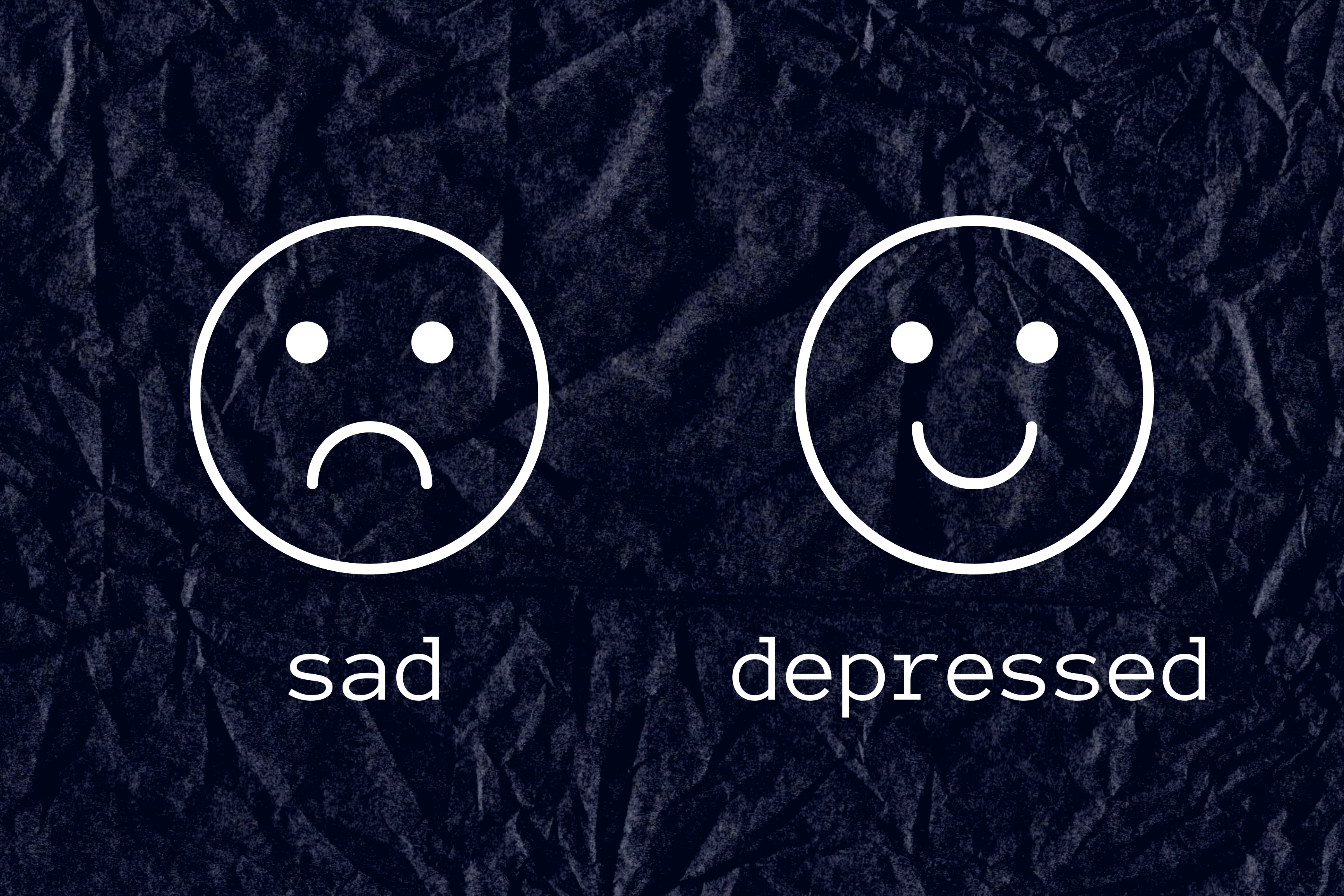“So you think you have depression. Great! So does everyone else and their dog. You’re not special. Get in line.”
If someone were to say that to me when I was down in the dumps depressed, I doubt that would have helped me feel any better about myself. In fact, I’d probably feel worse.
I recognize that, yet I still feel the urge to live, love, and laugh it off. Why is that?
Over the years, dealing with my anxieties and failures has become easier because either I choose to ignore the consequences or I simply make a snarky comment about how it could be worse and “laugh it off.”
“Laughing it off” is an interesting concept, especially when someone is on the verge of their fourth mental breakdown of the day and it isn’t even noon yet.
The individualism celebrated within Western society plays an important role in the ways we express our concerns. The need to be different is something we are taught to strive for, and in doing so, it becomes second nature to tell when something is too normal. Hence, it is not special enough to garner a second glance.
This radar for novelty is why, when someone mentions how stressed they are, chances are that another person will respond with “mood” or “same” or a gif of Kermit the Frog lying in bed with a single tear running down his cheek. Everyone’s going through one thing or another, so let’s have a laugh at our expense.
The issue with this mindset is that when you’ve laughed it off for so long, it blurs the line between knowing when to actually seek out professional help and when not to. Just because everyone has it, doesn’t mean your situation isn’t unique.
The irony in all of this is that nine times out of 10, I am not physically laughing while I downplay my emotions. My usual response to something funny is along the lines of “I’m dying” or “I’m crying,” which in itself raises so many questions about the vocabulary we use to recognize humour.
Every time someone refers to an inconvenience in their life as their “thirteenth reason,” I smile and then cringe when I realize how dark the quote truly is. For those of you who may be unaware, that saying references Jay Asher’s novel, 13 Reasons Why, which follows the story of a high school student who records 13 tapes explaining why she commits suicide.
Joking about hardships and brushing aside our struggles has become the new normal.
However sadistic it may seem, there is something reassuring in the fact that those who use humour to make light of situations are self-aware. Doesn’t one need to know what the problem is before they can critique it? The problem in this case being the person themself.
The true reason behind dark humour still remains unclear, but it can be argued that everyone needs a coping mechanism during bleak times. For some it may be seeing a cutesy romantic comedy, while for others it’s painting a sunrise. For me, it’s dark humour and there is nothing wrong with it.
That being said, if you are facing mental health struggles, York’s Student Counselling, Health & Well-being services can provide the resources to help.





LOL